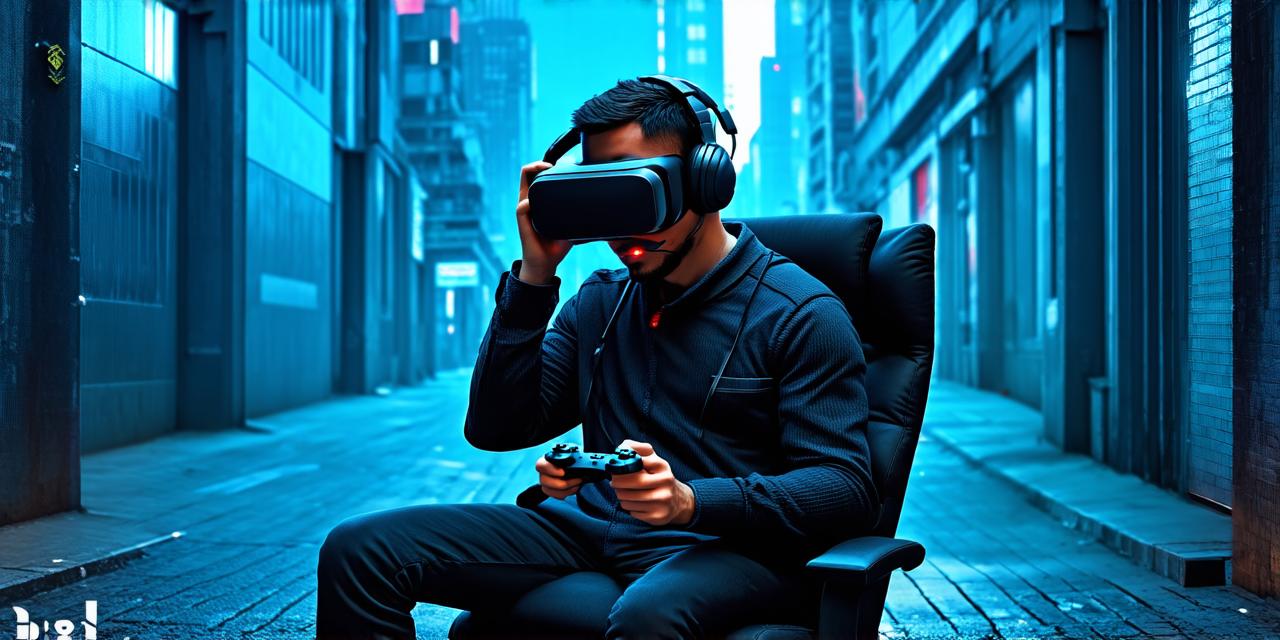
Is virtual reality dangerous for your eyes?
Virtual reality (VR) technology is becoming increasingly popular, with many people using it for gaming, entertainment, and educational purposes. While VR can be a fun and immersive experience, there are some concerns about its potential impact on the eyes. In this article, we will explore the safety of VR for your eyes and provide some tips to help you protect them while using virtual reality technology.
Table of Contents
ToggleWhat Is Virtual Reality?
Virtual reality is a computer-generated simulation that immerses users in a 3D environment. Users wear a headset or goggles that track their movements, allowing them to look around and interact with the virtual world. VR has been used for various purposes, including gaming, entertainment, education, therapy, and training.
Is Virtual Reality Dangerous for Your Eyes?
There are some concerns about the safety of VR for your eyes, but research suggests that it is generally safe when used properly. Some of the potential risks associated with VR include:
- Eye strain and fatigue: VR can be a mentally demanding experience, requiring users to focus on the virtual world for extended periods. This can lead to eye strain and fatigue, which can cause discomfort and headaches.
- Dry eyes: The constant focus required for VR can also cause dry eyes, as users may forget to blink or produce less tear fluid. This can lead to irritation and discomfort.
- Motion sickness: Some people are prone to motion sickness when using VR, which can be uncomfortable and potentially harmful if it leads to vomiting.
- Retinal detachment: While rare, there have been reports of retinal detachment after using VR. This is a serious condition that requires immediate medical attention.
It’s important to note that these risks are generally minor and can be mitigated with proper use of VR technology. Here are some tips to help protect your eyes while using virtual reality:
- Adjust the brightness and contrast settings on your VR device to reduce eye strain.
- Take regular breaks from VR to rest your eyes and avoid dryness.
- Drink plenty of water to keep your eyes hydrated.
- If you experience motion sickness, adjust the settings or try a different VR game.
- If you have any concerns about your vision or eye health, consult an ophthalmologist before using VR.
Conclusion
Virtual reality technology is generally safe for your eyes when used properly. While there are some potential risks associated with VR, these can be mitigated with proper use and by following some simple tips. If you have any concerns about the safety of VR for your eyes, it’s always best to consult an ophthalmologist to ensure that you are taking all necessary precautions.


